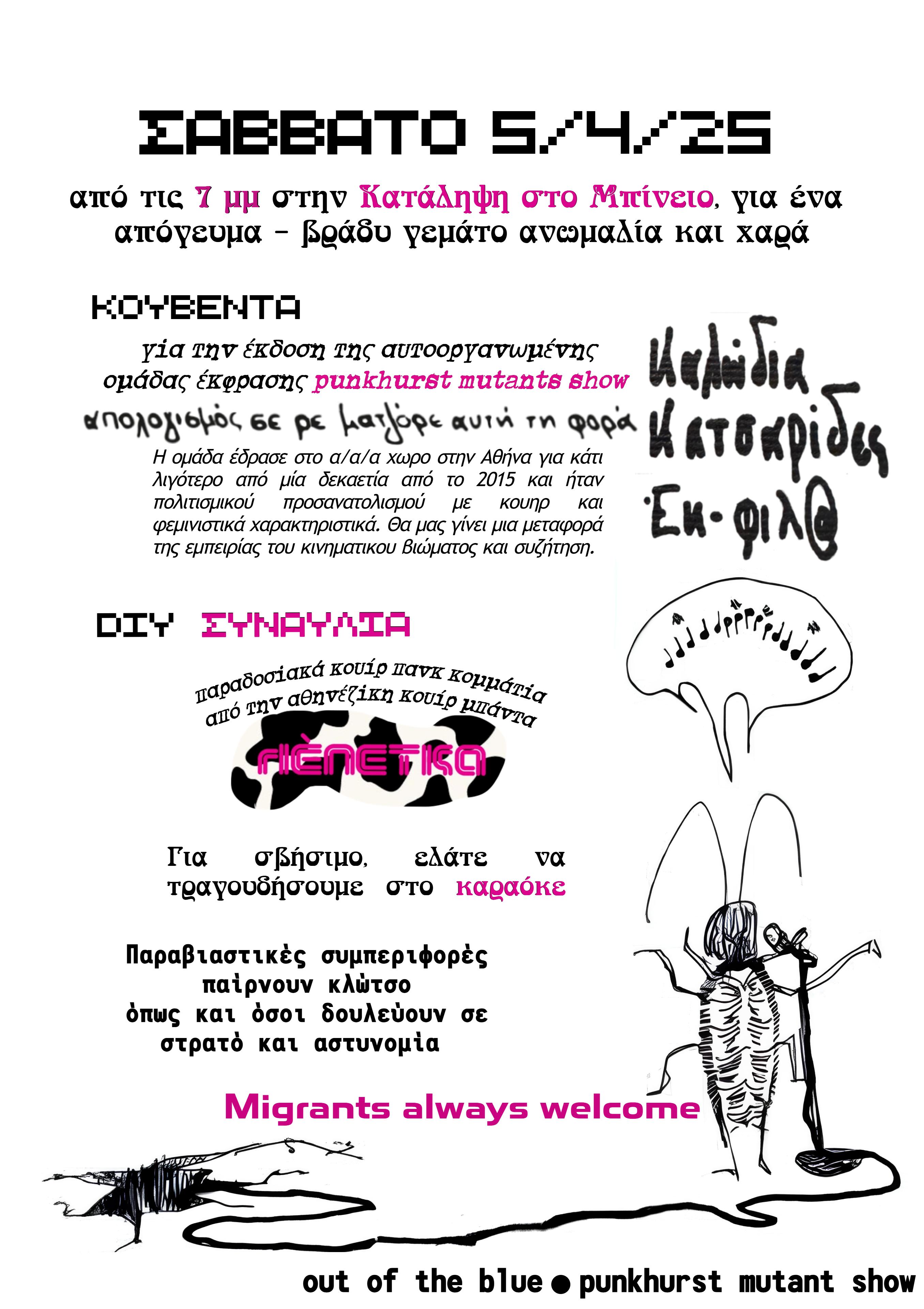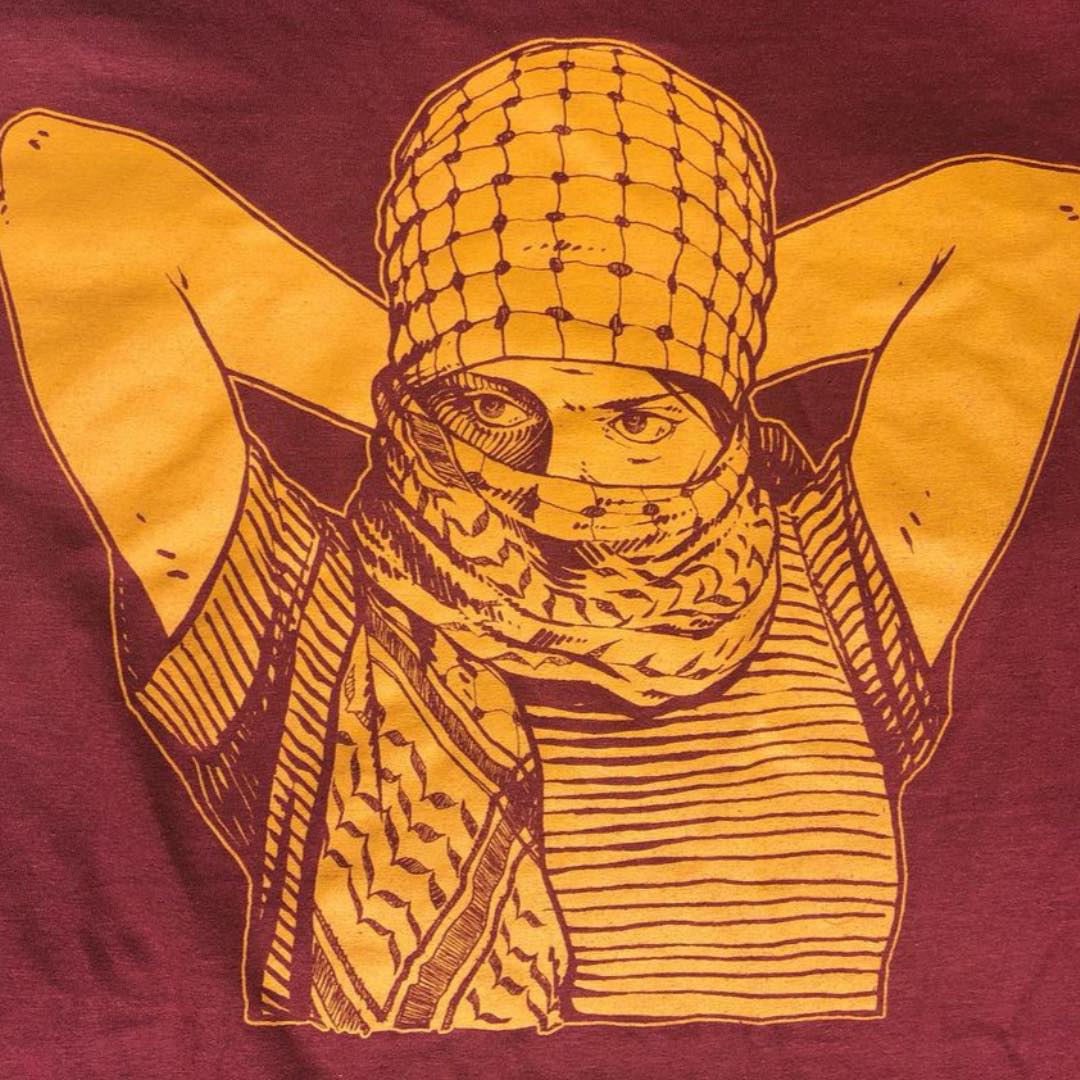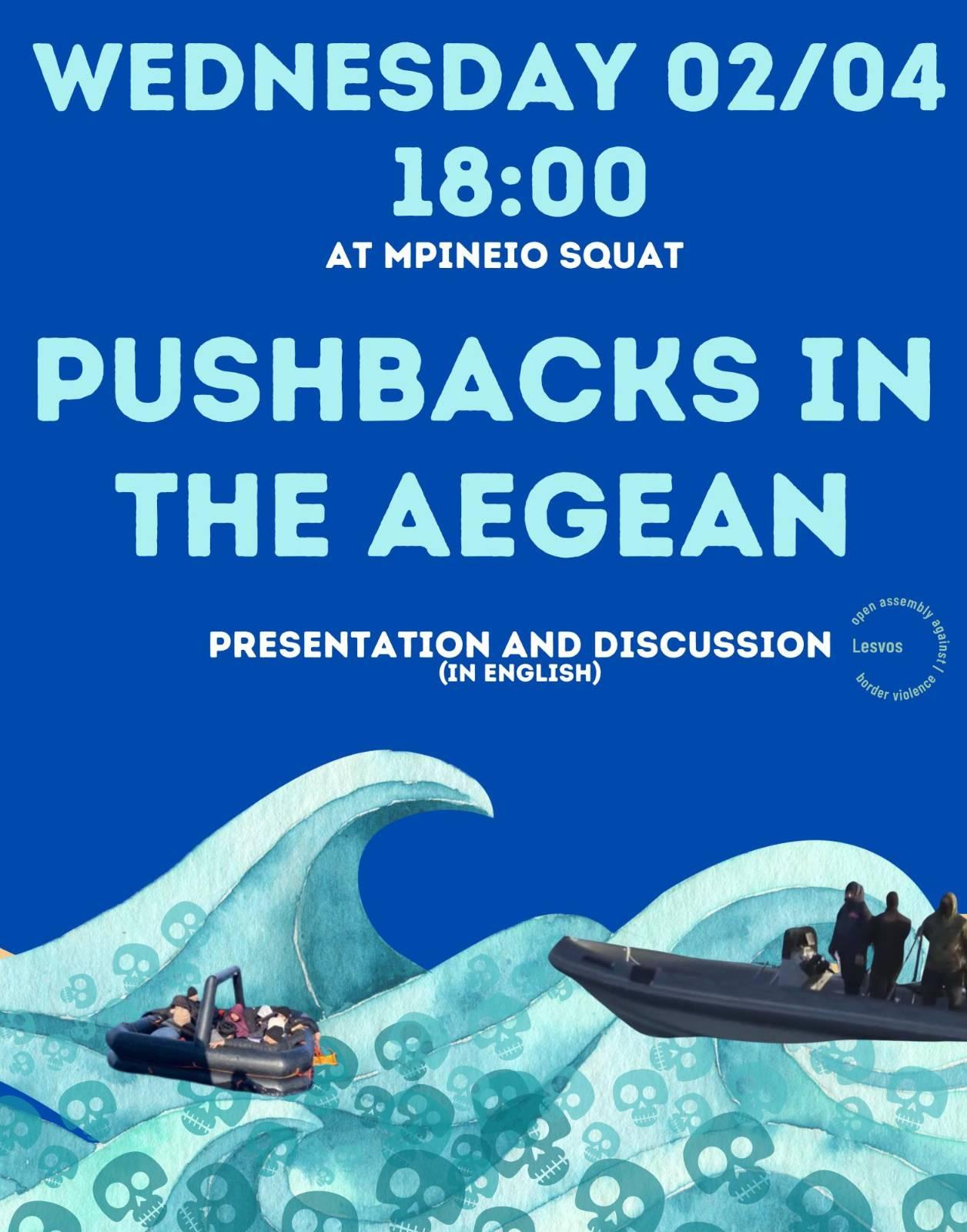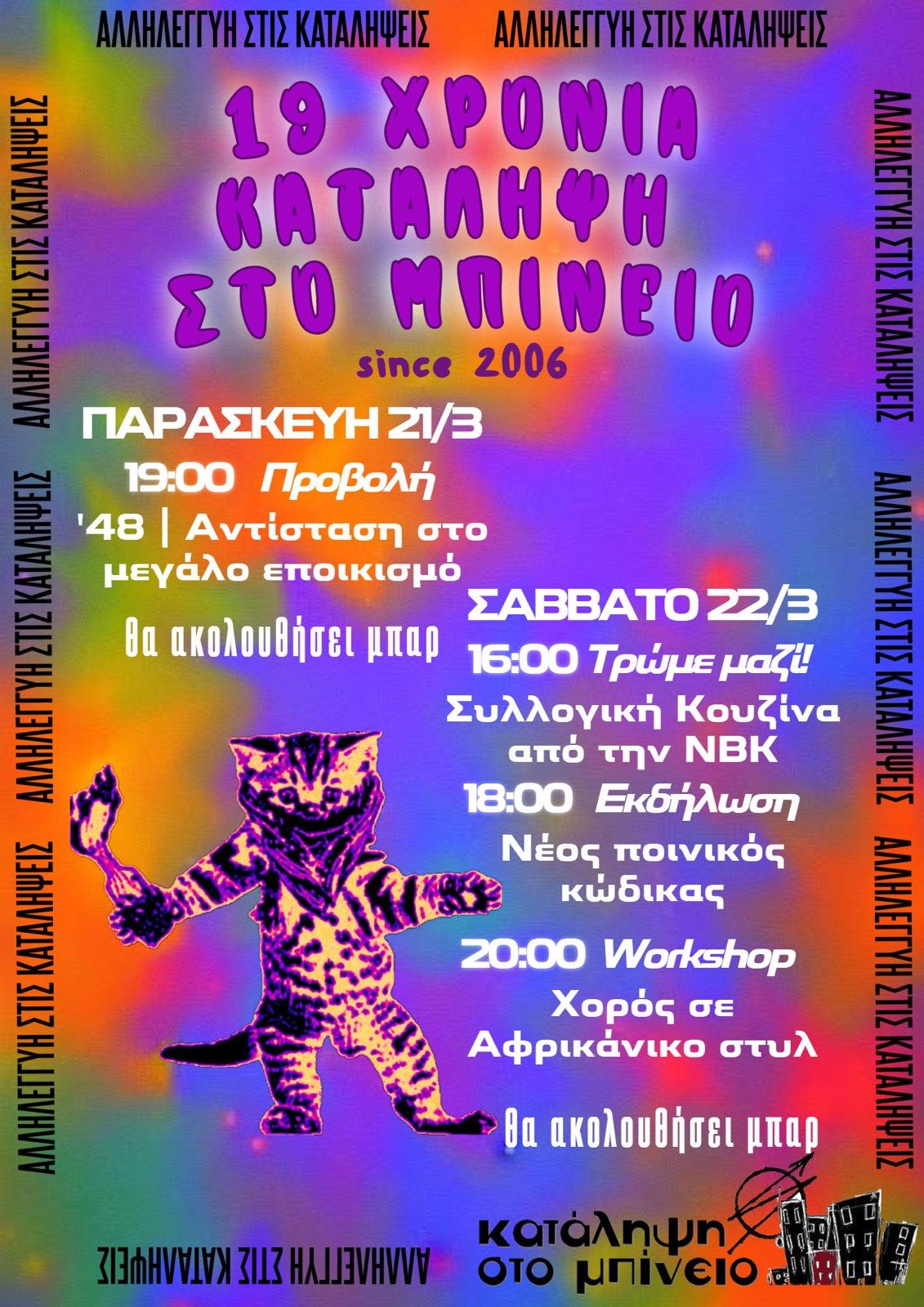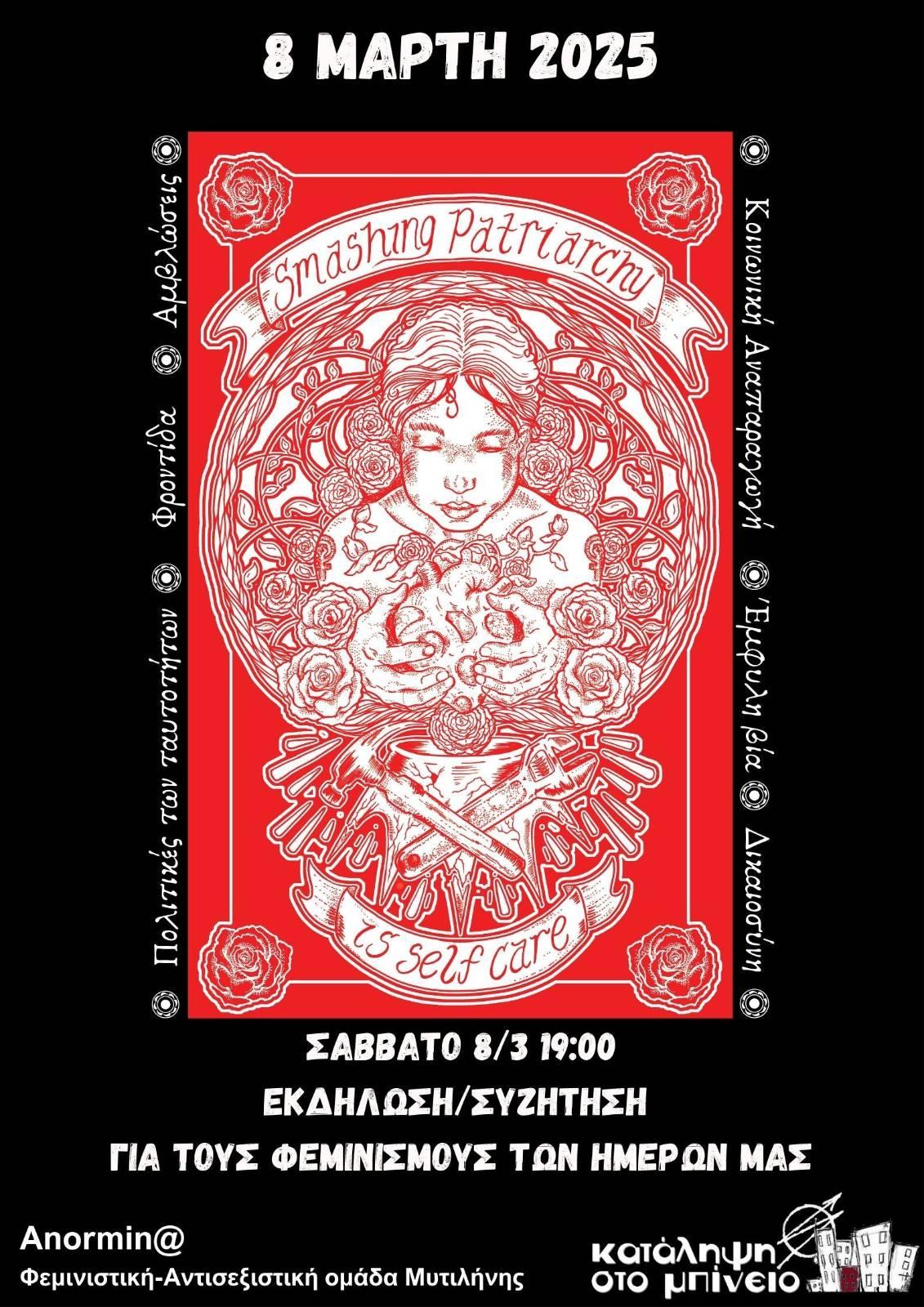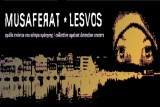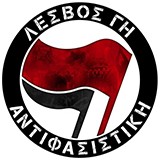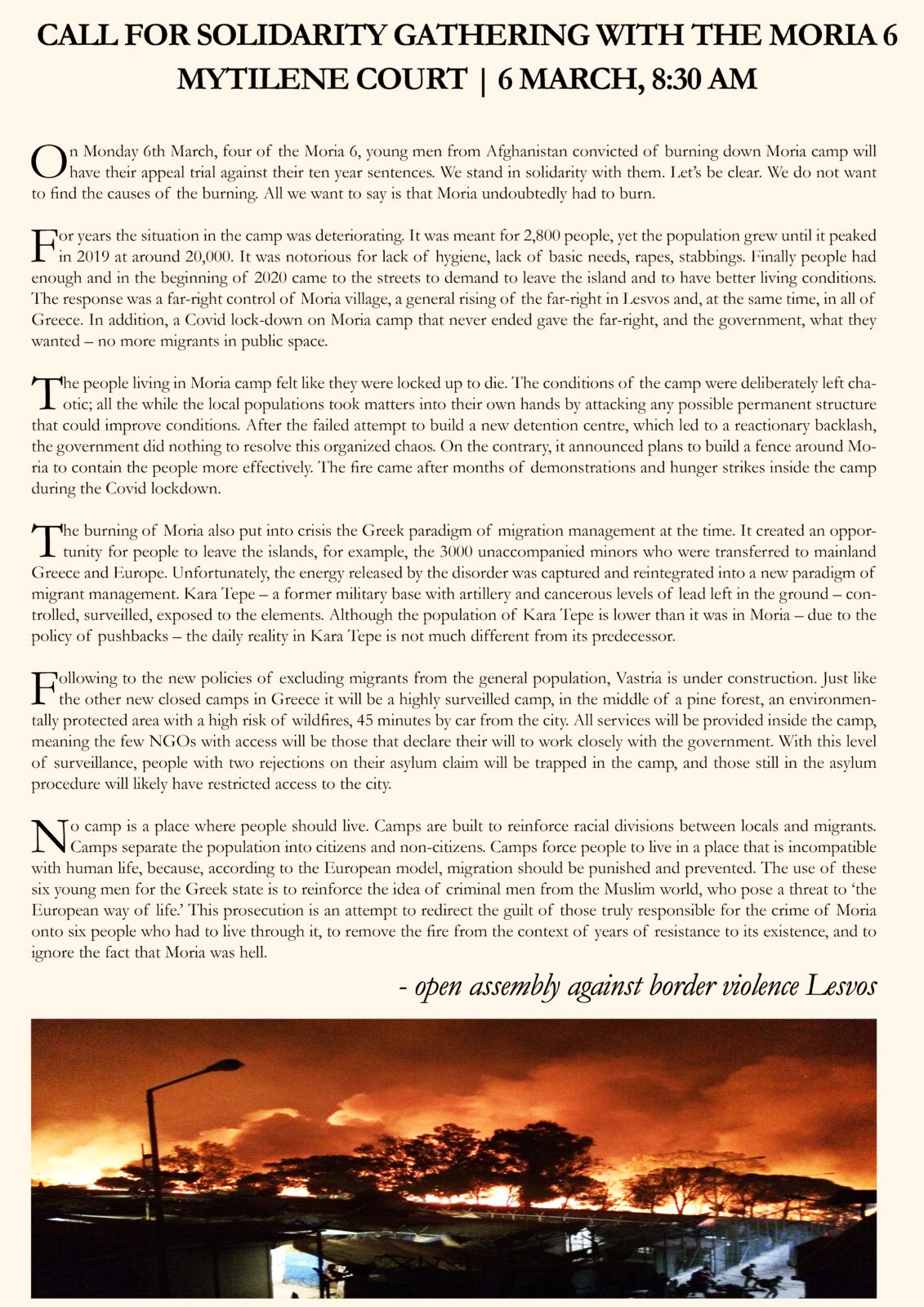Solidarity Gathering
Call for Solidarity Gathering with the Moria 6
On Monday 6th March, four of the Moria 6, young men from Afghanistan convicted of burning down Moria camp will have their appeal trial against their ten year sentences. We stand in solidarity with them. Let’s be clear. We do not want to find the causes of the burning. All we want to say is that Moria undoubtedly had to burn.
For years the situation in the camp was deteriorating. It was meant for 2,800 people, yet the population grew until it peaked in 2019 at around 20,000. It was notorious for lack of hygiene, lack of basic needs, rapes, stabbings. Finally people had enough and in the beginning of 2020 came to the streets to demand to leave the island and to have better living conditions. The response was a far-right control of Moria village, a general rising of the far-right in Lesvos and, at the same time, in all of Greece. In addition, a Covid lock-down on Moria camp that never ended gave the far-right, and the government, what they wanted – no more migrants in public space.
The people living in Moria camp felt like they were locked up to die. The conditions of the camp were deliberately left chaotic; all the while the local populations took matters into their own hands by attacking any possible permanent structure that could improve conditions. After the failed attempt to build a new detention centre, which led to a reactionary backlash, the government did nothing to resolve this organized chaos. On the contrary, it announced plans to build a fence around Moria to contain the people more effectively. The fire came after months of demonstrations and hunger strikes inside the camp during the Covid lockdown.
The burning of Moria also put into crisis the Greek paradigm of migration management at the time. It created an opportunity for people to leave the islands, for example, the 3000 unaccompanied minors who were transferred to mainland Greece and Europe. Unfortunately, the energy released by the disorder was captured and reintegrated into a new paradigm of migrant management. Kara Tepe – a former military base with artillery and cancerous levels of lead left in the ground – controlled, surveilled, exposed to the elements. Although the population of Kara Tepe is lower than it was in Moria – due to the policy of pushbacks – the daily reality in Kara Tepe is not much different from its predecessor.
Following to the new policies of excluding migrants from the general population, Vastria is under construction. Just like the other new closed camps in Greece it will be a highly surveilled camp, in the middle of a pine forest, an environmentally protected area with a high risk of wildfires, 45 minutes by car from the city. All services will be provided inside the camp, meaning the few NGOs with access will be those that declare their will to work closely with the government. With this level of surveillance, people with two rejections on their asylum claim will be trapped in the camp, and those still in the asylum procedure will likely have restricted access to the city.
No camp is a place where people should live. Camps are built to reinforce racial divisions between locals and migrants. Camps separate the population into citizens and non-citizens. Camps force people to live in a place that is incompatible with human life, because, according to the European model, migration should be punished and prevented. The use of these six young men for the Greek state is to reinforce the idea of criminal men from the Muslim world, who pose a threat to ‘the European way of life.’ This prosecution is an attempt to redirect the guilt of those truly responsible for the crime of Moria onto six people who had to live through it, to remove the fire from the context of years of resistance to its existence, and to ignore the fact that Moria was hell.
open assembly against border violence Lesvos
Outside Mytilene Courts, 6 March 2023, 8.30am
